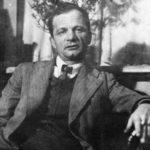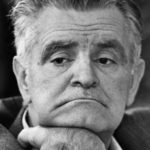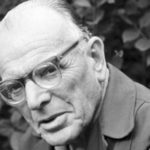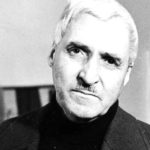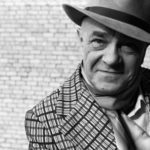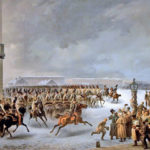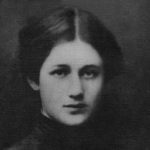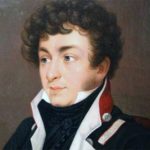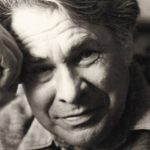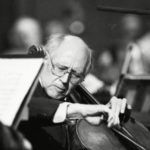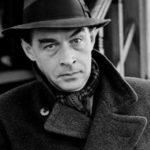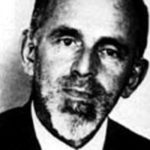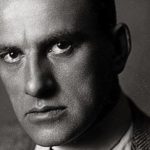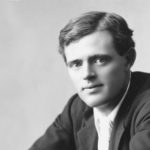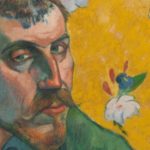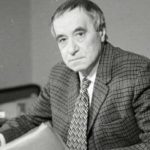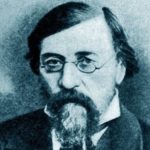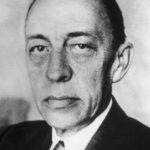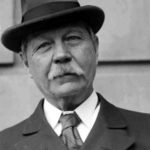Interesting facts about Joseph Brodsky
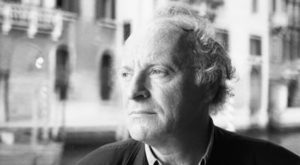 Joseph Brodsky is a very significant figure in the history of world poetry. His life could not be called easy – persecution, misunderstanding, trial and exile – all this eventually pushed Brodsky to emigrate from the USSR, so he spent the second half of his life in the United States, where he received public recognition.
Joseph Brodsky is a very significant figure in the history of world poetry. His life could not be called easy – persecution, misunderstanding, trial and exile – all this eventually pushed Brodsky to emigrate from the USSR, so he spent the second half of his life in the United States, where he received public recognition.
Joseph Brodsky’s father was a military photo correspondent, and his mother worked as an accountant. In early childhood, together with his mother, he suffered all the hardships of the blockade of Leningrad, where the Brodsky family lived.
After seven classes, Brodsky refused to go to school and left to work at the plant. The future poet decided on this step because of difficulties in school and the desire to help financially relatives.
Young Joseph wanted to learn a submariner, but did not pass the entrance tests.
At the age of 16 Brodsky decided to become a doctor, but a month of work in the morgue forced him to abandon these plans.
For 5 years after parting with the school, Brodsky also managed to work as a beacon servant and stoker in the boiler room. Then he went north, settling into a scientific expedition. In one of the settlements where the geologists stopped in anticipation of the deer, Brodsky gave up his nerves, and he was allowed to leave for Leningrad.
The constant change of professions did not hinder Brodsky much, although without reading any system. He also independently taught English and Polish.
In 1960, the poet first addressed the general public – he read the verse “The Jewish Cemetery” from the Palace of Culture scene, and a scandal broke out.
Brodsky and his friend were considering hijacking the plane to flee abroad, but did not dare to translate this plan into practice. Later, the poet’s friend was detained for storing weapons, and he told the siloviki about this idea and about his failed accomplice. Brodsky was detained by KGB agents, but was soon released.
Brodsky himself claimed that he was engaged in creativity at the age of 18, but there are several of his works dated from earlier years.
The first creation published by Brodsky was “The Ballad of a Little Tug”. The work in a truncated form appeared on the pages of the children’s magazine Koster.
In 1963, Brodsky tried to commit suicide because of the beginning of the persecution in the Soviet press and the break with his beloved.
A year later, the poet was accused of parasitism and arrested. In the prison cell Brodsky first became ill with the heart. The court sent the writer to the examination in a psychiatric hospital, where, according to him, Brodsky spent 3 worst weeks in his life. Psychiatrists found signs of mental disorder in the poet, but found him able-bodied. The court appointed him the maximum punishment – forced five-year labor in a remote area.
After the verdict of the 23-year-old Brodsky, along with the criminals, they escorted to the Arkhangelsk region under escort. The writer spent a year and a half in the local village, spending time studying English poetry. Then under the pressure of the literary community, including Jean-Paul Sartre, Brodsky was cut short of the sentence and allowed to return home.
In 1972 Brodsky was offered a choice of two options – urgent emigration or regular interrogations of the siloviki. The poet decided to leave, and he was immediately deprived of Soviet citizenship.
After a short stay in Vienna, Brodsky moved to the United States, where he became one of the teachers at the University of Michigan. For the next 24 years, the poet, who did not finish even a school, successfully taught at six universities in the States and Britain.
Brodsky’s parents never saw his son after his emigration, as the government of the USSR refused to issue them exit visas.
At home, Brodsky, who had already become a Nobel laureate by that time, was rehabilitated only in 1989. His works began to be published officially, and the poems of the emigre poet gained immense popularity. Despite the mass of invitations, Brodsky himself did not come to his native country.
Joseph Brodsky died at the age of 55 from heart failure. Wife found a dead writer on the floor in his office. On the table lay a book of Greek epigrams, which Brodsky read in the last moments of his life.
